Commercial Property Financing: A Guide to Conventional Financing Methods
Conventional Financing for Acquisitions and Refinance of Commercial Real Estate Loan
Conventional commercial real estate loans are utilized for the purchase, construction, rehabilitation, or refinancing of commercial property.
To better understand their financing options, users can utilize tools like a commercial loan calculator or a commercial mortgage calculator to input specific loan terms such as loan amount, interest rate, and term length.
Types of commercial properties eligible for commercial real estate financing can include existing buildings like medical facilities, office buildings, multi-unit rental buildings, warehouses, hotels, other income producing properties or undeveloped properties that will eventually be used for one or more of these kinds of commercial real estate assets.
Additionally, commercial construction loan can be used to purchase and develop property on which houses will be built and marketed.
Unlike residential mortgages, commercial property loans and commercial property credit lines have unique terms and requirements, such as collateral and loan-to-value ratios, which are tailored to business entities rather than individual borrowers, like in residential mortgage structure.
Commercial real estate loans differ from residential mortgages in terms of qualification criteria and loan structures, with commercial loans often requiring more stringent borrower requirements, larger down payment, higher closing costs, more substantial borrower's personal assets and offering varied repayment options, including balloon payments.
Banks, credit unions, and private lenders offer conventional commercial real estate loans with maturities varying from five to thirty years.
Debt Restructuring and Debt Service Coverage Ratio
Commercial real estate owners may think about restructuring their loan obligations for a variety of reasons:
Economic Conditions: Events such as the COVID-19 or natural disasters might cause a significant and unexpected fall in rental earnings, limiting the owners’ capacity to make regular mortgage payments on their loans.
Avoiding Loan Defaults and Foreclosures: Because commercial real estate is a leverage business, many owners may find it necessary to restructure the loans secured by their properties in order to achieve more realistic and feasible economic terms and avoid defaulting on loans, foreclosures, and property loss.
Lenders often assess a property's cash flow in relation to its debt obligations using the debt service coverage ratio (DSCR). A higher DSCR indicates better financial stability and a greater likelihood of obtaining favorable loan terms.
Addressing Property Issues: Other problems impacting the property may need to be addressed through a commercial property loan workout, such as urgently needed repairs that have been postponed due to a lack of necessary capital to pay for the associated expenses.
However, it is crucial to remember that the choice to restructure a loan should be made after a full examination of the property’s distress and difficulties in meeting the loan’s conditions.
In other situations, refinancing the debt may be a preferable alternative, particularly if it permits the owner to recoup some of the equity built up in their properties.
Remember that each circumstance is unique, so what works for one property or owner may not work for another. It is essential to weigh all possibilities.
Seek professional help before making such decisions.
Contact your commercial loan broker for more information.
Additionally,
SBA loans can be used to refinance commercial properties, supporting small businesses in managing their property investments effectively.
The United States Small Business Administration (SBA) plays a crucial role in offering SBA loans specifically designed for small businesses to finance commercial real estate as well as business working capital.
The SBA guarantees commercial loans and provides support for businesses seeking funding, making it easier for them to navigate commercial loan options.
These loan programs are essential for small business organizations looking to acquire or refinance commercial properties.
Understanding the types of commercial properties eligible for financing and the factors that influence loan approval is critical for borrowers and business owners.
The SBA's backing of these loans ensures that commercial lenders are more willing to provide the necessary funding to small business owners at competitive interest rates, since their lending risk is reduced by the SBA loan guarantee.
Evaluating commercial real estate loans involves several critical financial metrics, one of which is the debt service coverage ratio (DSCR).
The DSCR is a key indicator used by commercial lenders to assess a property's cash flow relative to its debt obligations.
A higher DSCR signifies better financial stability, making it more likely for the borrower to secure favorable loan terms.
This ratio is essential for financial institutions as it helps them determine the risk associated with the loan and the property's ability to generate sufficient income to cover its mortgage payments.
Mortgage Calculator
Your estimated monthly payment is
$1379
30 year fixed loan
Interested in our services? We’re here to help!
We want to know your needs exactly so that we can provide the perfect solution. Let us know what you want and we’ll do our best to help.
Links
Contact Info
